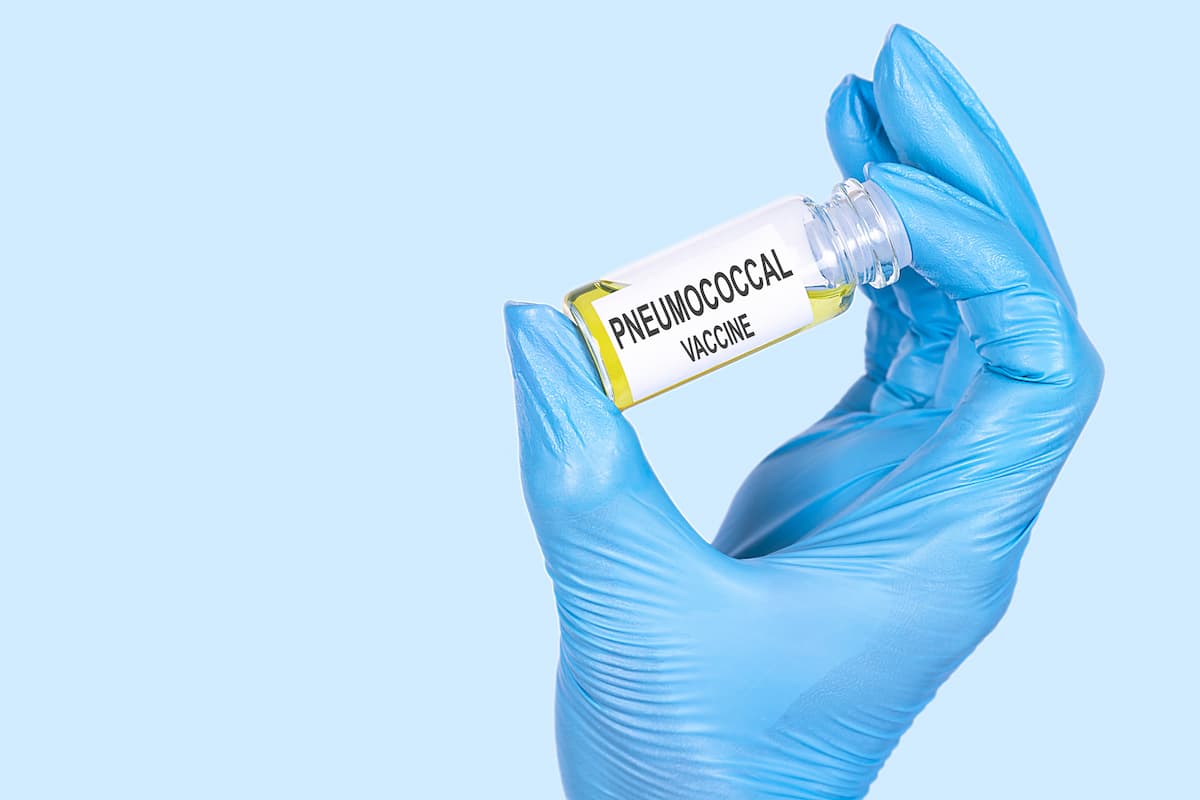Video
Latinx Pharmacists Are Uniquely Positioned to Serve Their Communities
Having a shared cultural understanding allows the pharmacy to make medical and educational interventions relevant to the patient and allows patients to actively participate in their care.
In a recent interview with Pharmacy Times, president of the National Hispanic Pharmacists Association, Maria Hearns-Rivas, PharmD, APh, BCGP, CDCES, discussed the importance of such organizations and why Latinx pharmacists are uniquely positioned to serve their communities.
Hearns-Rivas said pharmacists should strive to represent those who they care for, and this goal includes increasing underrepresented groups. Hearns-Rivas cited an article by Fabriela Cipriano, PharmD, and Carlota Andrews, PhD, PharmD, about the value of Hispanic pharmacists.
“Beyond a common language, their summary states inability to speak and/or write in patients’ native language severely impairs our best efforts to deliver good health care,” Hearns-Rivas said. “This is a widely-recognized cause of non-compliance or less than favorable possible health outcomes in Hispanic patients that has received less attention.”
In addition to communication barriers, Hearns-Rivas said overcoming cultural barriers may be even more challenging. She said having a shared cultural understanding allows the pharmacy to make medical and educational interventions relevant to the patient and allows patients to actively participate in their care.

FDA Approves Dupilumab, Marking First Targeted Therapy in a Decade for Chronic Spontaneous Urticaria




